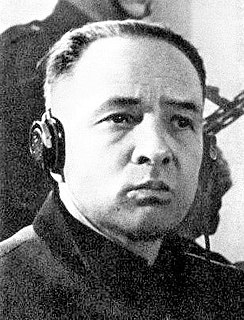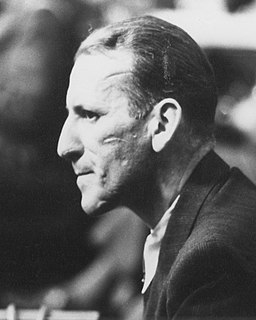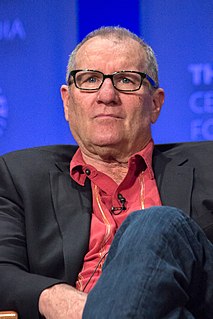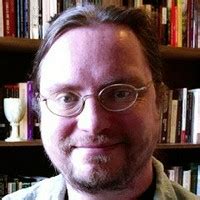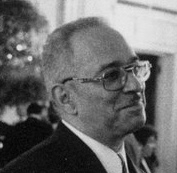A Quote by Dale Jamieson
The idea that Bentham and Mill were maximizers is the greatest stretch of all. They were progressivists, committed to improving the societies in which they lived, not utopian maximizers.
Related Quotes
Look at the great tradition of Western political philosophy. Those people were all immersed in revolutionary movements. Most weren't career academics - often, they were too radical to be accepted in the academy. Rousseau's books were banned. Jeremy Bentham and John Stuart Mill couldn't hold academic positions because they were atheists.
The Oneida Perfectionists, along with some of the others, believed that feminism, and abolitionism, and other causes that they pursued in their own way without participating with other people outside of their communities, were all piecemeal reforms. That's what makes a utopian a utopian, this idea that they were going to create a whole new world from scratch.
Bentham spent much of his life writing constitutions and proposing legal reform in the light of his utilitarianism. The evaluation of particular acts was hardly his concern. The psychology of his day was hedonistic and he worked in that framework and passed it on to Mill, but it is clear as day that Mill was not a hedonist in the sense in which we use that term today, though he used the language of pleasure and pain to express his views.
In a cross-cultural study of 173 societies (by Herbert Barry and L. M. Paxson of the University of Pittsburgh) 76 societies typically had mother and infant sharing a bed; in 42 societies they shared a room but not a bed; and in the remaining 55 societies they shared a room with a bed unspecified. There were no societies in which infants routinely slept in a separate room.
This so-called ill treatment and torture in detention centers, stories of which were spread everywhere among the people, and later by the prisoners who were freed, were not, as some assumed, inflicted methodically, but were excesses committed by individual prison guards, their deputies, and men who laid violent hands on the detainees.
Homer, Hesiod, Pythagoras, Plato, and Cicero, just to name a few, all lived in pagan societies. Some of the greatest political and military leaders of all time, such as Alexander the Great, Pericles of Athens, Hannibal of Carthage, and Julius Caesar of Rome, were all pagans, or else living in a pagan society.
The newspaper stories were like dreams to us, bad dreams dreamt by others. How awful, we would say, and they were, but they were awful without being believable. They were too melodramatic, they had a dimension that was not the dimension of our lives. We were the people who were not in the papers. We lived in the blank white spaces at the edges of print. It gave us more freedom. We lived in the gaps between the stories.








